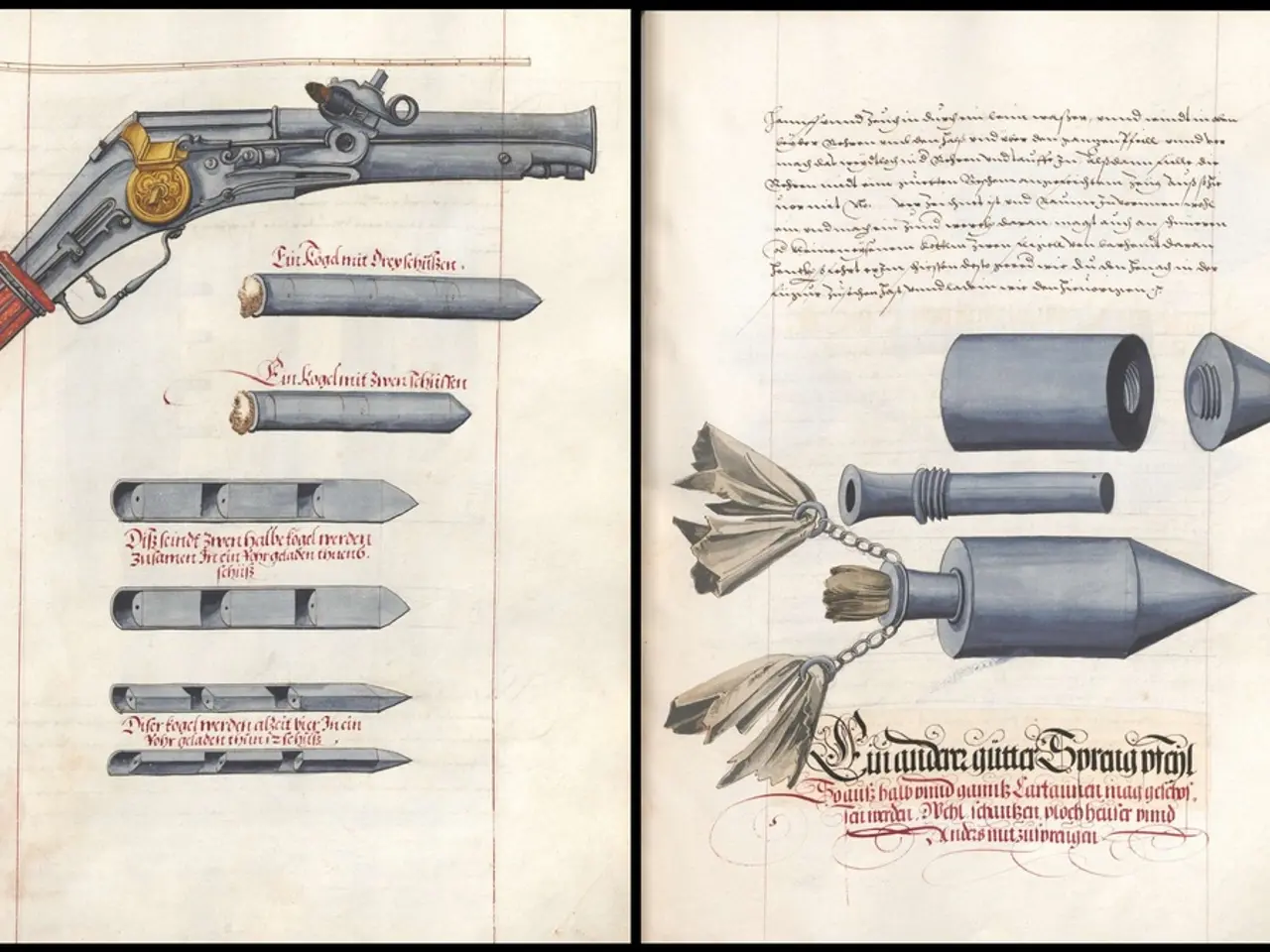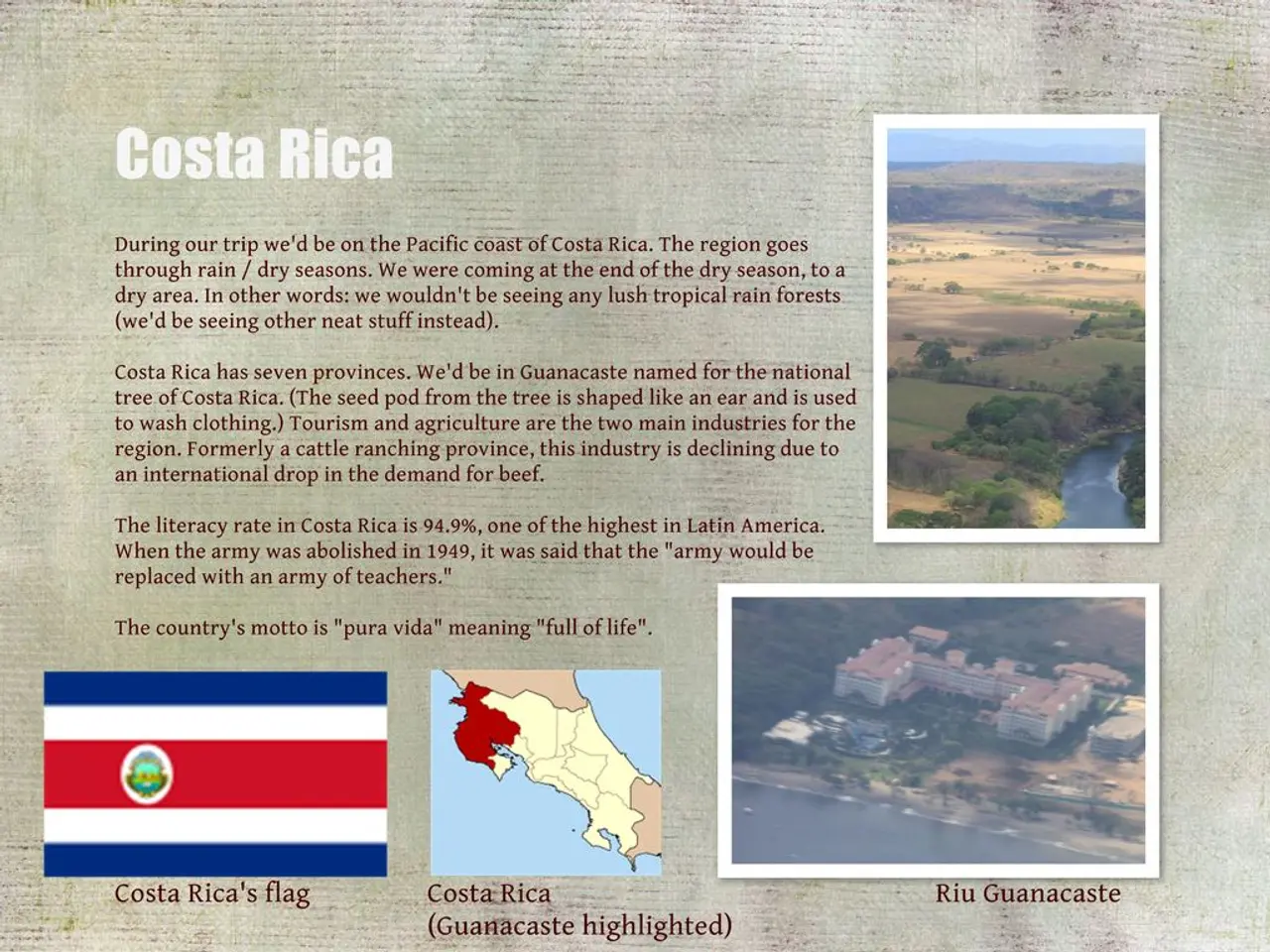Discussion on Irregular Conflicts Podcast: China's Methods of Political Struggle
In a revealing podcast discussion, Dr. Ross Babbage, a former head of strategic analysis in Australia's Office of National Assessments, and David Stilwell, a retired US Air Force officer and former director of the China Strategic Focus Group at US Indo-Pacific Command, delve into the complexities of China's political warfare strategy.
The conversation revolves around China's unique approach to political warfare, exemplified by its doctrine of "Unrestricted Warfare." Unlike the traditional methods of the United States and its allies, China's strategy rejects conventional warfare rules and employs a broad spectrum of tools, including economic coercion, cyberattacks, disinformation, and even biological tactics. The aim is to target the vulnerabilities of free societies, with the objective of long-term erosion of an adversary's stability rather than direct military confrontation.
China's strategic emphasis on "Comprehensive National Power" is a holistic metric that assesses not just military and economic strength but also social cohesion and political stability. The goal is to simultaneously build its own national power while undermining that of the U.S. by fomenting internal chaos and eroding public trust through economic disruptions, such as intellectual property theft estimated to cost the U.S. $300 billion annually.
In contrast, the U.S. and its allies typically adhere to international laws and conventions and emphasize conventional diplomatic, military, and economic tools within those frameworks. For example, the U.S. relationship with Taiwan involves strategic ambiguity and adherence to diplomatic protocols, aiming to maintain regional stability without provocative escalation.
China, however, embraces "unrestricted" tactics, which actively leverage non-military means to weaken adversaries indirectly and continuously. The U.S. alliances, on the other hand, operate on "managed relationships" that pool collective capacities to counterbalance China's scale advantage, emphasizing cohesion and collective leverage among multiple states with shared democratic values.
Dr. Ross Babbage, author of the book "The Next Major War: Can the US and its Allies Win against China?", and David Stilwell, now the assistant secretary of state for the Bureau of East Asian and Pacific Affairs, offer insightful examples of China's information operations during the discussion. The discussion is available on various podcast platforms, including Apple Podcasts, Stitcher, TuneIn, Spotify, and others, to help listeners gain a better understanding of this critical issue. To avoid missing an episode, it is recommended to subscribe to the podcast.
- The conversation between Dr. Ross Babbage and David Stilwell highlights the unique approach of China in political warfare, known as "Unrestricted Warfare," which integrates unconventional tactics such as economic coercion and cyberattacks into its strategy, aiming to undermine the stability of adversaries long-term.
- In the realm of general news and war-and-conflicts, the security implications of China's political warfare strategy are becoming increasingly significant, as its comprehensive National Power metric seeks to employ various tools to build its own power while weakening that of its adversaries, including the United States, through tactics like intellectual property theft and information operations.






